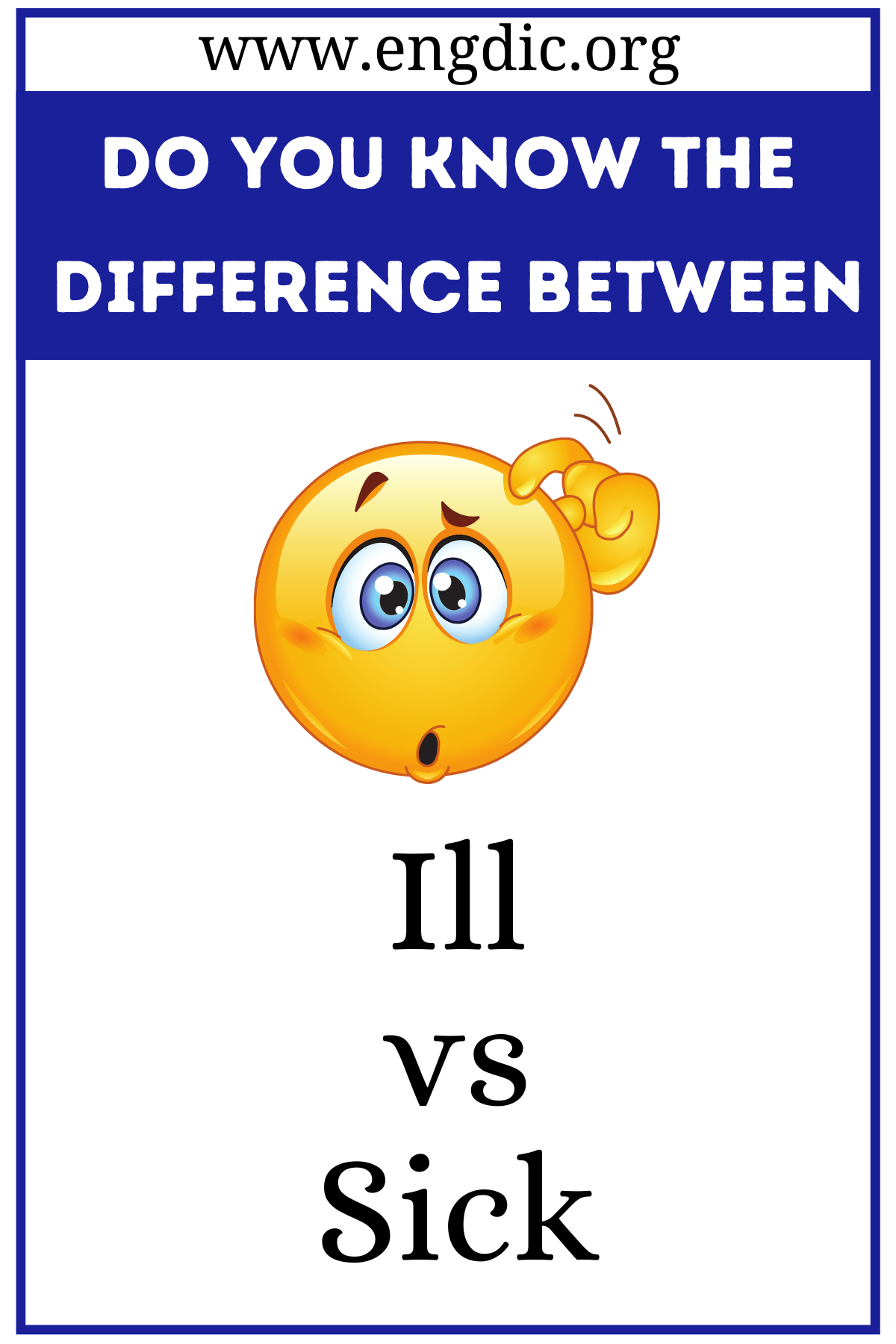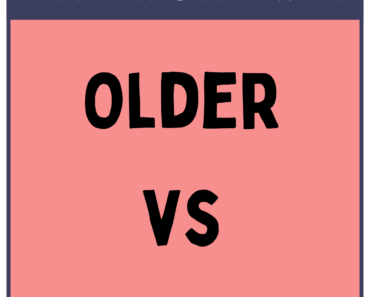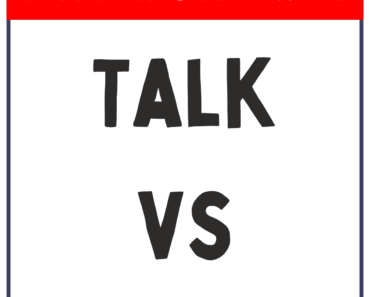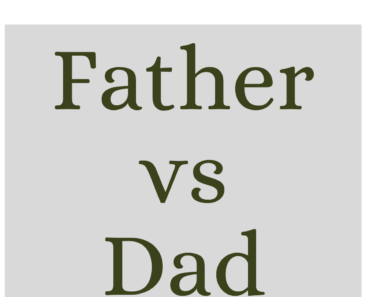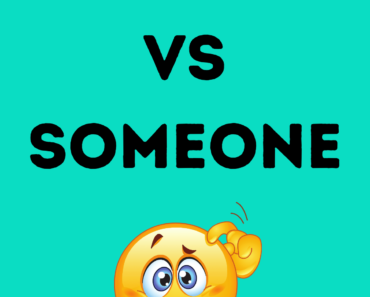Implicit and explicit are antonyms that describe how ideas are conveyed. “Implicit” suggests that something is understood or implied without being directly stated, while “Explicit” means that something is clearly and directly communicated. Implicit ideas require interpretation and understanding from context, whereas explicit information is openly expressed, leaving no room for confusion or interpretation.
Implicit
Definition
Implicit refers to ideas or concepts that are implied or understood without being directly expressed. It requires the audience to infer or deduce the intended meaning based on the surrounding context.
Usage
Implicit can be used to describe underlying assumptions, meanings, or agreements. It typically requires a deeper level of comprehension to grasp what is being suggested.
Example:
- “Although he didn’t explicitly say it, his tone was implicitly critical of the plan.”
Explicit
Definition
Explicit refers to ideas, details, or instructions that are clearly and directly stated, leaving no ambiguity. It is clear and straightforward, ensuring the intended meaning is unmistakable.
Usage
Explicit is used when clear communication is necessary to avoid misunderstandings. It is often used in legal, instructional, or formal contexts to ensure precise understanding.
Example:
- “The terms and conditions of the agreement were explicitly stated to avoid any misinterpretation.”
